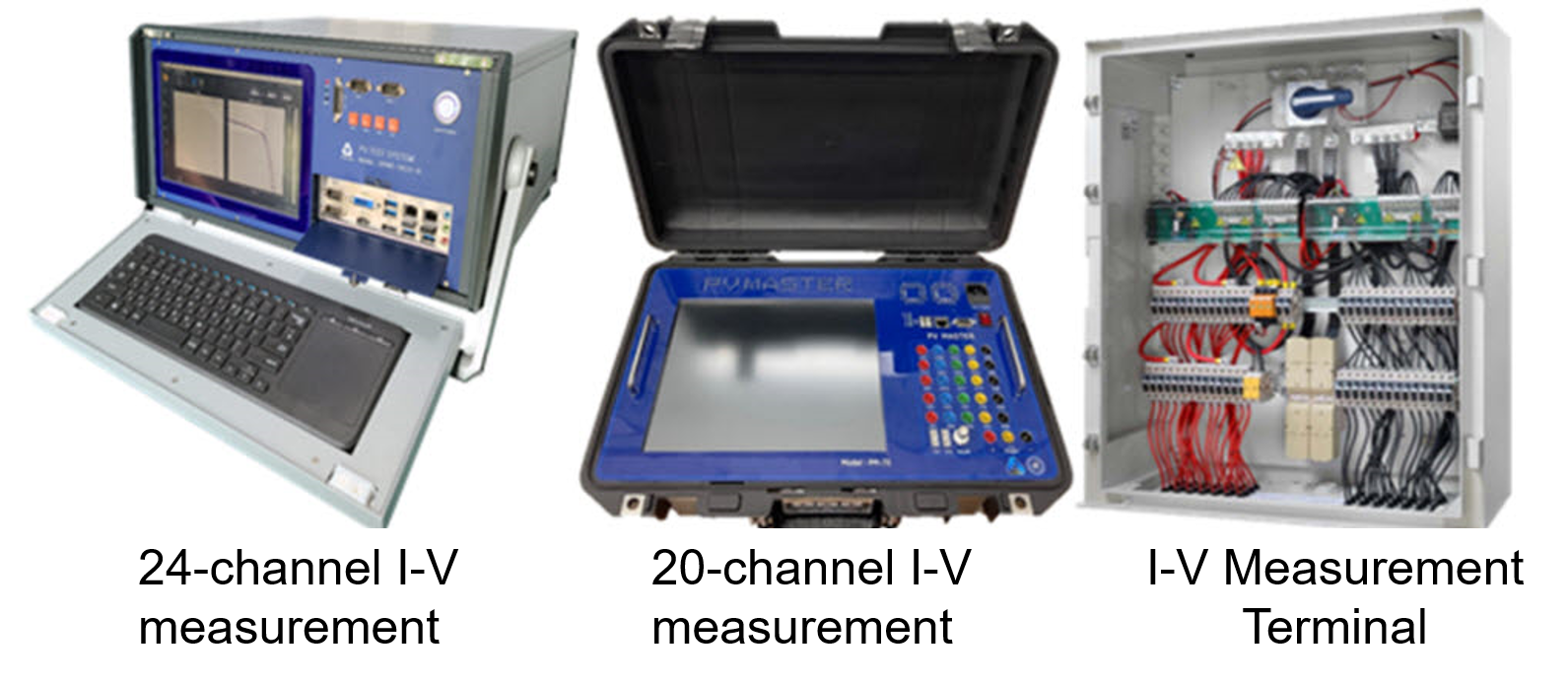* The Korea Institute of Energy Research invested approximately KRW 1.9 billion from its own business budget from 2020 to April 2021 to drive the 'Postpaid-for-Success' project, providing emergency demand
technology to small and medium-sized enterprises. With the help of researcher Kang-chul Kim, SMK developed swappable battery packs and charging stations for electric vehicles, securing supply contracts and
continuing orders. / July 13, 2021
Korea Institute of Energy Research Aids SMEs Overcome Crisis...Continuous Success with 'Postpaid-for-Success' Projects
Korea Institute of Energy Research Supports Small and Medium-Sized Enterprises Amidst the Prolonged COVID-19 Crisis
The Korea Institute of Energy Research (KIER) has been providing critical support for small and medium-sized enterprises (SMEs) struggling with the prolonged COVID-19 crisis, helping to boost the
commercialization of technology.
From last year until April this year, KIER has invested 1.94 billion KRW (approx. $1.64 million) of its business budget to support 'postpaid-for-success projects', providing emergency demand technology for SMEs.
The initiative matches regular and doctorate-level technical experts to respond to the technological needs of these enterprises, providing close support. The institute successfully completed 14 individual support
projects, greatly aiding SMEs' crisis management efforts.
JunBio, led by Jae-il Lee, received support from Sang-jun Yoon, a KIER researcher, who provided high-quality technology to convert low-grade animal and plant fat into bio-heavy oil and diesel raw materials. As a
result, JunBio obtained the International Sustainability & Carbon Certification (ISCC) in Europe, and was certified as a management innovation-type SME, a Main-Biz, and a technology innovation-type SME,
Inno-Biz. Last year, JunBio achieved about twice the sales compared to the previous year, and this year it aims to reach a sales target of 14 billion KRW (approx. $11.87 million), both domestically and abroad.
Debetron Korea, headed by Chan-young Park, received support from Seok-hwan Ko, a KIER researcher, who provided results for the development of a solar power plant malfunction diagnosis and performance
measurement-capable output performance estimation modeling and analysis equipment algorithm. Debetron Korea improved its solar power plant malfunction diagnosis accuracy by over 3%, and is aiming for a
sales target of 1 billion KRW (approx. $847,000) in this field. The company is currently working on obtaining New Technology Certification (NET) and setting up a research institute.
In addition, SMK, with the help of researcher Kang-chul Kim, has been developing swappable battery packs and charging stations for electric scooters, successfully securing supply contracts and orders.
Kyungin Measurement System was able to receive various support needed for the development of domestic thermal mass flow meters from researcher Min-jung Lee.
KIER continues to carry out its postpaid-for-success projects this year as well. It is also striving to enhance post-technology transfer support projects to improve the success rate of technology transfers for SMEs.
Beneficiary companies have stated that the support from KIER was instrumental in achieving their successes.
Choi Ui-sung, an executive of Debetron, said, "Algorithm implementation and simulation are difficult for SMEs to achieve," and added, "Business realization was made possible through KIER's support."








